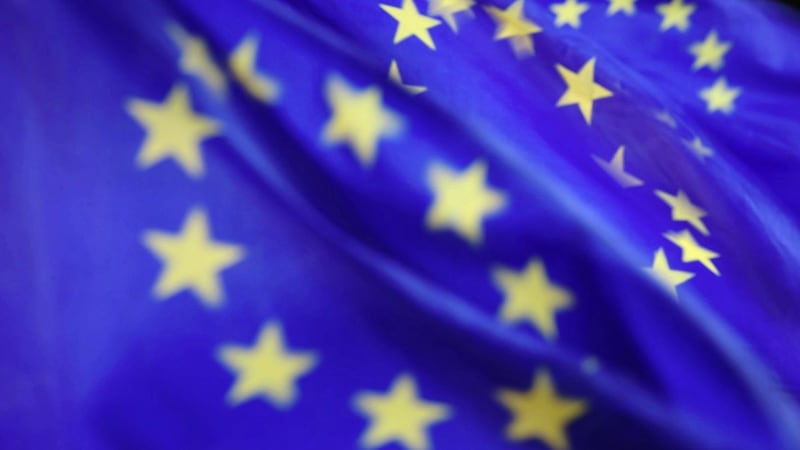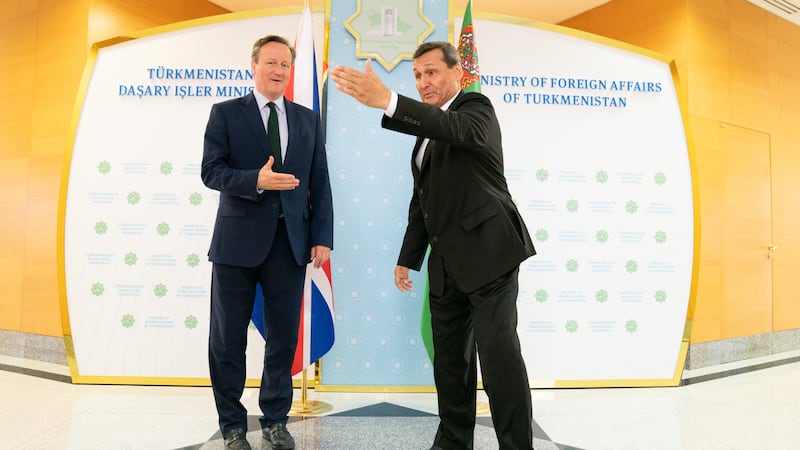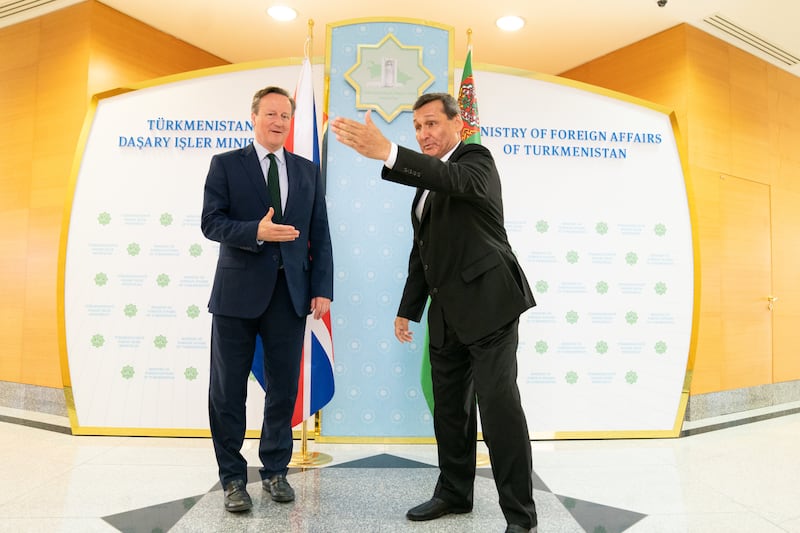Certain Japanese goods sold in Britain as part of a new trade deal may not be available in Northern Ireland due to the Brexit deal, a Stormont official has said.
The application of the Northern Ireland protocol may also see it excluded from protections offered on some goods to ensure fair competition within the UK internal market, the assembly's economy committee heard.
The concerns were flagged by Department for the Economy (DfE) officials as they briefed members on the potential impact of domestic legislation on post-Brexit trading arrangements currently going through parliament.
The committee was being updated on the Internal Market Bill, which sets the terms for trade with the UK after the end of the transition period, and the Trade Bill, which will create a framework for the UK's international trade policy.
On both pieces of legislation, members were alerted to ways Northern Ireland may end up being treated differently due to the continued alignment with EU Single Market rules on goods.
Under the terms of the Northern Ireland protocol, many goods made in the north will still have to adhere to EU standards after the transition period ends.
Products made in the rest of the UK would be subject to standards set by the British government.
DfE official Victor Dukelow referred to the recent trade deal agreed between the UK and Japan as he highlighted what consequences the protocol could have for Northern Ireland.
"The sort of outworking of all of this may mean that there are products from Japan that previously would not have gained access to the EU market that would now be able to gain access to the GB marketplace," he said.
"So our position under the protocol, were that to be the case, is we would be following EU rules and until the EU determines that those products are allowed into Northern Ireland, or into the EU, then there will be points of difference that emerge.
"And I suspect those will start to emerge as part of the Japanese deal."
Mr Dukelow said that was not necessarily due to a "lowering of standards" in the rest of the UK, rather a "different approach to standards".
Economy Minister Diane Dodds has already made clear she will not ask the assembly to give its legislative consent for the Trade Bill until the British government makes binding commitments that ensure Northern Ireland can play a full part in future trade deals struck by the UK.
Mr Dukelow said the need for Northern Ireland exporters to potentially have to apply different standards than competitors elsewhere in the UK could undermine their ability to benefit from the opportunities offered by trade deals.
"Our concern under the Trade Bill is that these kinds of points of difference could lead to a differential of standards between Northern Ireland as we operate under the protocol and the UK in a manner that means our competitive position is less strong in GB and less strong as we compete alongside GB firms into FTAs around the globe, including Japan in future," he said.
"I think that that's where our chief concern lies."
The Internal Market Bill aims to establish a set of market access principles to govern trade within the UK after the transition period.
These are based on the concepts of "mutual recognition" and "non-discrimination" and are designed to ensure that companies have equal access to sell their goods through the entirety of the UK market.
DfE official Stephen Kelly said while Northern Ireland would be covered by protections offered in the legislation for services and mutual recognition of qualifications, it was not clear whether the goods would be included.
"It would appear that some of these market access principles for goods don't apply in Northern Ireland, or they don't apply to goods that fall under the scope of the protocol here," he said.
Mr Kelly said the department was trying to gain clarity from the British government on the issue.
"What we're looking for is how does this Bill, and the other pieces of the puzzle around unfettered access, how does it protect our businesses in the GB market whenever our goods are being made potentially to different standards," he said.








